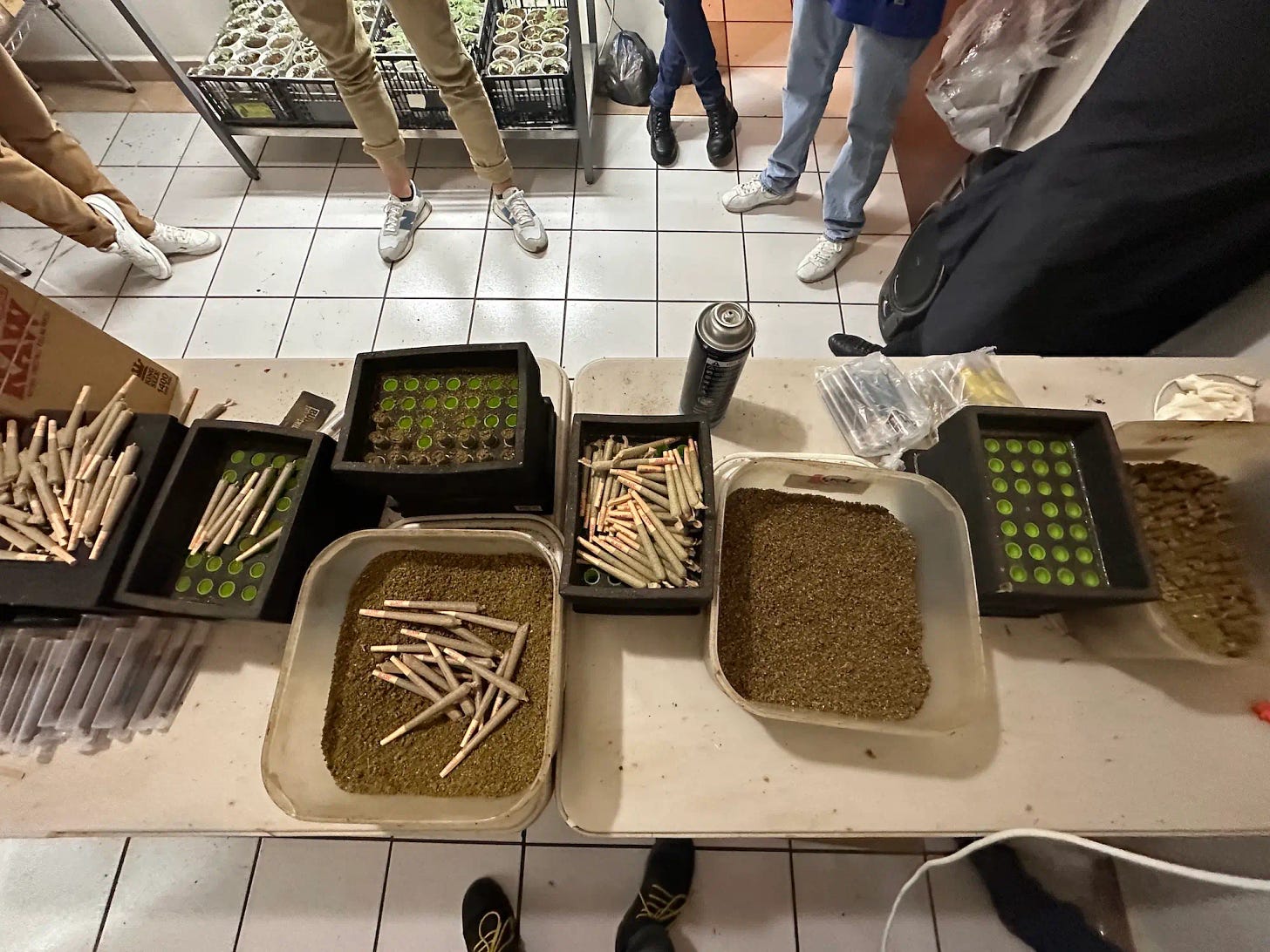The Sinaloa Cartel Wants To Make A ‘Little L.A.’ In Culiacán
After El Chapo's extradition to the US in 2017, Iván Archivaldo put together a group of five to six men who had "all of his trust" to serve as "godfathers" for a new marijuana business model.
*This is the second of two parts of a series regarding weed business in Mexico and criminal trends.
Culiacán, SINALOA — Someone walking around the Mexican city of Culiacán, the capital of Sinaloa state and home turf of the cartel of the same name, could be forgiven for thinking marijuana had been legalized.
Ten years ago, weed was still being sold in dark alleys or delivered by shady dealers in old cars, but Culiacán now has almost as many marijuana dispensaries as Los Angeles, even though an ounce of weed could still land you in jail in Mexico.
Since US states started legalizing marijuana — prompting a decline in Mexican weed being smuggled north — members of the Sinaloa Cartel have been looking for ways to adapt and take back the business that helped their predecessors build globe-spanning operations.
The key to their new business, according to Sinaloa Cartel operatives who spoke with Saga, is marketing.
"We don't want to be associated with the shady drug dealer selling weed in the streets or out of a window. Look at the gringos, they are selling this same product in their beautiful stores. That's what we want for the organization," a Sinaloa Cartel member described by many as a "godfather" and who is in charge of funding the new weed industry, told Saga.
The organization — a term that members prefer over "cartel" — restructured its weed business and began a trial-and-error phase in Culiacán at the direction of Iván Archivaldo Guzmán Salazar, one of Guzmán's sons with his first wife, according to the “godfather.”
Ivan and his brothers — known as "Los Chapitos" and members of a larger group of young cartel scions known as "narcojuniors" — have made Culiacán their stronghold and focal point of their efforts to expand into the marijuana business.
"The juniors put a lot of money into this, but more than money they were extremely cautious of the people they relied on," the godfather said.
After El Chapo's extradition to the US in 2017, Iván Archivaldo put together a group of five to six men who had "all of his trust" to serve as "godfathers" for a new marijuana business model.




